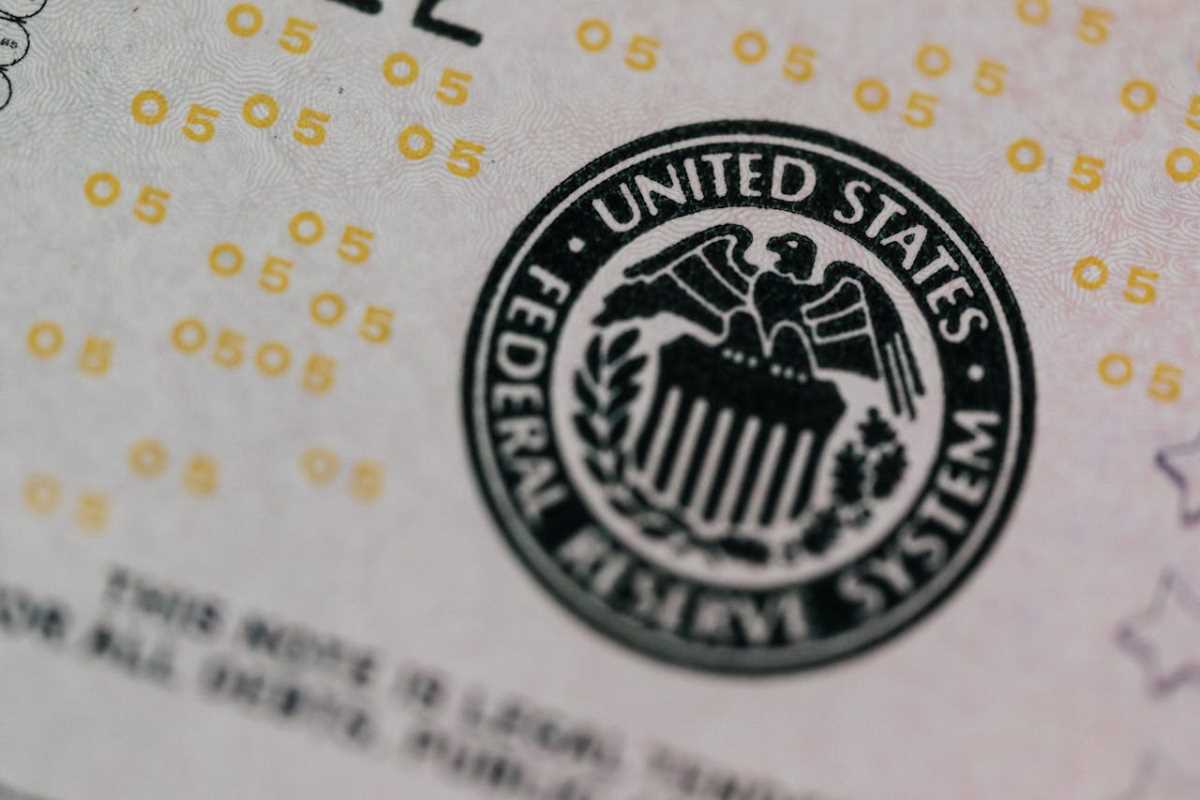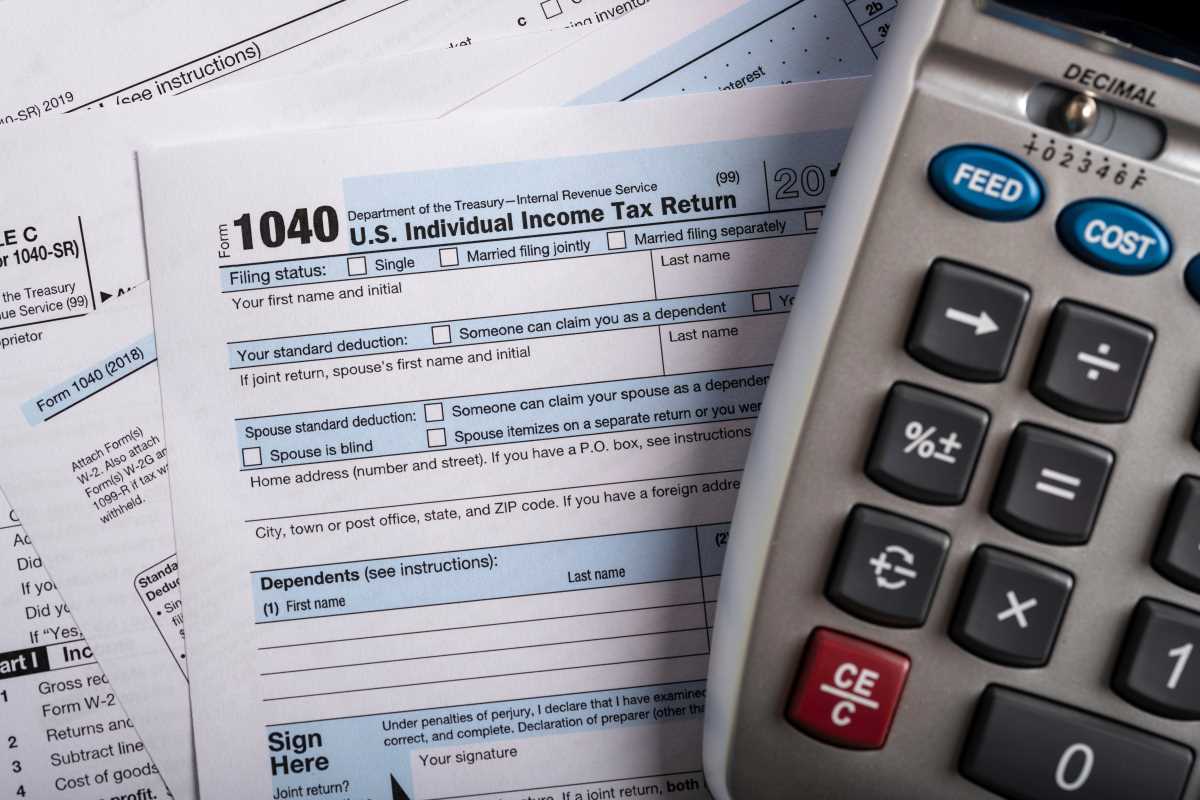Freelancing offers flexibility and independence but comes with unique financial challenges. Unlike a traditional job with a set paycheck, freelancers are responsible for managing their own finances, setting rates, and ensuring they save for taxes. If you're a freelancer, mastering money management is key to sustaining your business and personal well-being. Here are some essential must-dos to help you stay financially healthy and ensure your freelance career remains profitable.
Separate Business and Personal Finances
One of the most important steps in managing your freelance finances is to keep business and personal finances separate. When you mix the two, tracking your income and expenses becomes much harder, which could lead to tax headaches and missed deductions.
- Open a Dedicated Business Account: Set up a separate bank account for your freelance income and expenses. This will help you separate work-related costs from personal spending. It's also easier to track revenue and expenses for tax purposes.
- Use a Business Credit Card: A business credit card helps keep track of business expenses and simplifies record-keeping during tax season.
Set a Realistic Budget
Creating a budget is essential for managing money, especially in a field where income can be inconsistent. Freelancers may experience feast-or-famine cycles, making it difficult to predict monthly income. A solid budget will allow you to plan for the good and lean months.
- Track Monthly Expenses: Identify your regular expenses—rent, utilities, insurance, and food. This helps you know how much money you need to earn as a freelancer to cover these costs.
- Build Flexibility Into Your Budget: Set aside extra funds during the good months to prepare for leaner times. You may also want to allocate funds for retirement savings or unexpected business-related expenses.
Set Aside Money for Taxes
As a freelancer, you are responsible for paying your own taxes. Unlike salaried employees, you must save and make quarterly tax payments.
- Estimate Quarterly Taxes: Calculate and set aside a portion of your monthly income for taxes. A good rule of thumb is to put away 25–30% of your earnings, depending on your tax bracket.
- Use a Tax Savings Account: Open a separate savings account specifically for taxes so you won’t accidentally spend the money you’ll need for your tax payments.
Create an Emergency Fund
Freelancing comes with unpredictable periods. You may face gaps between clients, delayed payments, or unexpected personal expenses. An emergency fund ensures you can weather these times without debt.
- Save Three to Six Months of Expenses: Ideally, your emergency fund should cover three to six months’ worth of expenses to help you navigate slow months or unexpected expenses.
- Automate Savings: Automate transfers to a savings account for emergencies so you don’t forget to set money aside during busy periods.
Set and Track Your Rates
Knowing what to charge your clients is important to avoid undercharging and burnout. Setting your rates will ensure that you’re earning what you're worth and help you create financial goals.
- Know Your Worth: Research industry standards to determine what other freelancers in your field are charging. This helps you set a competitive rate that reflects your skills.
- Review Your Rates Regularly: Your rates should increase as you gain more experience. Periodically evaluate your rates to ensure that they reflect your growing expertise.
Invoice Promptly and Professionally
Getting paid on time is crucial for managing your cash flow. To ensure timely payments, create a system for invoicing clients.
- Send Clear, Professional Invoices: Use invoicing software or templates to create clear, professional invoices. Include the agreed-upon payment terms, the total amount due, and a breakdown of services.
- Set Clear Payment Terms: Specify whether you require a deposit, the payment schedule, and the due date. A late payment policy will ensure you follow up on overdue invoices.
Diversify Your Client Base
One risk of freelancing is relying too heavily on a single client. If they cut back on work or stop hiring you, your income may take a hit. Diversifying your client base helps ensure steady cash flow.
- Work with Multiple Clients: Spread your work across different clients or industries. This protects you if one client stops hiring you or if market fluctuations impact their business.
- Build Long-Term Relationships: Focus on developing long-term relationships with clients, which can result in consistent, repeat business.
Track Your Spending and Review Regularly
Without a traditional employer, it can be easy to overlook where your money is going. Regularly reviewing your spending helps keep your finances on track.
- Use Financial Apps: Use apps like Mint or YNAB to track your income, expenses, and savings goals. This will help you see where to cut back or allocate more funds.
- Monitor Project Expenses: Track costs associated with each project—software, subscriptions, or materials—so you can accurately determine your profits after expenses.
Invest in Your Skills and Tools
As a freelancer, your skills and tools are your most valuable assets. Regularly investing in them allows you to provide better service and earn more.
- Upgrade Tools and Technology: Invest in necessary tools and software to increase productivity. Keeping your equipment up to date ensures that you stay competitive and efficient.
- Pursue Education and Training: Enroll in courses or certifications that enhance your skillset. More expertise will help you command higher rates and attract clients with larger budgets.
Prepare for Retirement
Freelancers don't have access to employer-sponsored retirement plans, but it’s still essential to save for retirement.
- Set Up an IRA or Solo 401(k): Both retirement options allow freelancers to save for the future with tax benefits. A Solo 401(k) offers higher contribution limits than an IRA, but both are great options.
- Contribute Regularly: Set up automatic contributions to your retirement account to ensure that you save consistently, even during slower months.
Freelancing offers great potential, but it also requires strong financial management. By separating business and personal finances, setting a realistic budget, saving for taxes, and diversifying your income sources, you can maintain financial health and build a successful freelance career.







